Feasible Computations and Provable Complexity Properties
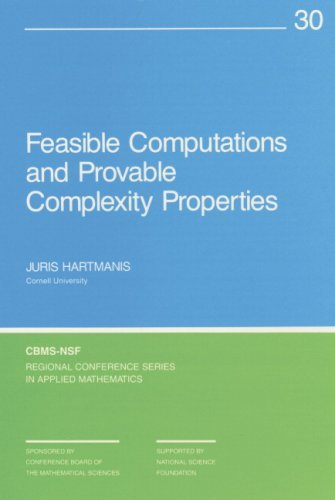
Summary
An overview of current developments in research on feasible computations; and a consideration of this area of research in relation to provable properties of complexity of computations. The author begins by defining and discussing efficient reductions between problems and considers the families and corresponding complete languages of NL, DCSL, CSL, P, NP, PTAPE, EXPTIME, and EXPTAPE. Definitions and results are uniformly extended to computationally simpler natural families of languages such as NL, P, and CSL by using Log n-tape bounded reductions. The problem of determining what can and cannot be formally proven about running times of algorithms is discussed and related to the problem of establishing sharp time bounds for one-tape Turing machine computations, and the inability to formally prove running times for algorithms is then related to the presence of gaps in the hierarchy of complexity classes.
Similar Books
-
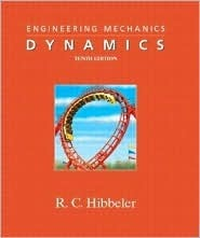 Engineering Mechanics: Dynamics
Engineering Mechanics: Dynamicsby Russell C. Hibbeler
-
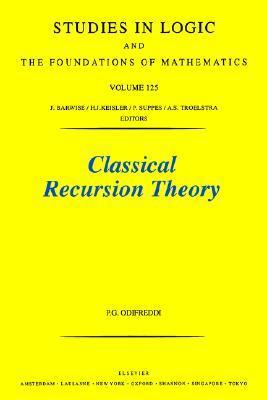 Classical Recursion Theory (Studies in Logic and the Foundations of Mathematics)
Classical Recursion Theory (Studies in Logic and the Foundations of Mathematics)by Piergiorgio Odifreddi
-
 Formulas for Stress, Strain, and Structural Matrices
Formulas for Stress, Strain, and Structural Matricesby Walter D. Pilkey
-
 The Simplex Method: A Probabilistic Analysis
The Simplex Method: A Probabilistic Analysisby Karl Heinz Borgwardt
-
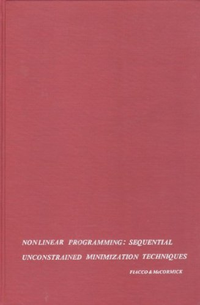 Nonlinear Programming: Sequential Unconstrained Minimization Techniques
Nonlinear Programming: Sequential Unconstrained Minimization Techniquesby Anthony V. Fiacco
-
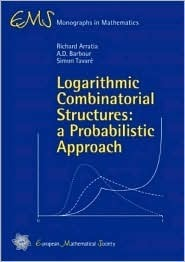 Logarithmic Combinatorial Structures: A Probabilistic Approach
Logarithmic Combinatorial Structures: A Probabilistic Approachby Richard Arratia
-
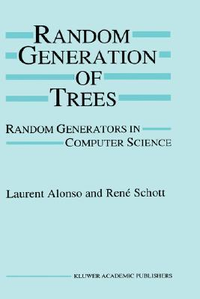 Random Generation of Trees: Random Generators in Computer Science
Random Generation of Trees: Random Generators in Computer Scienceby Laurent Alonso
-
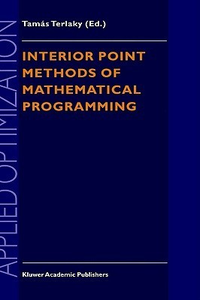 Interior Point Methods of Mathematical Programming
Interior Point Methods of Mathematical Programmingby T. Terlaky